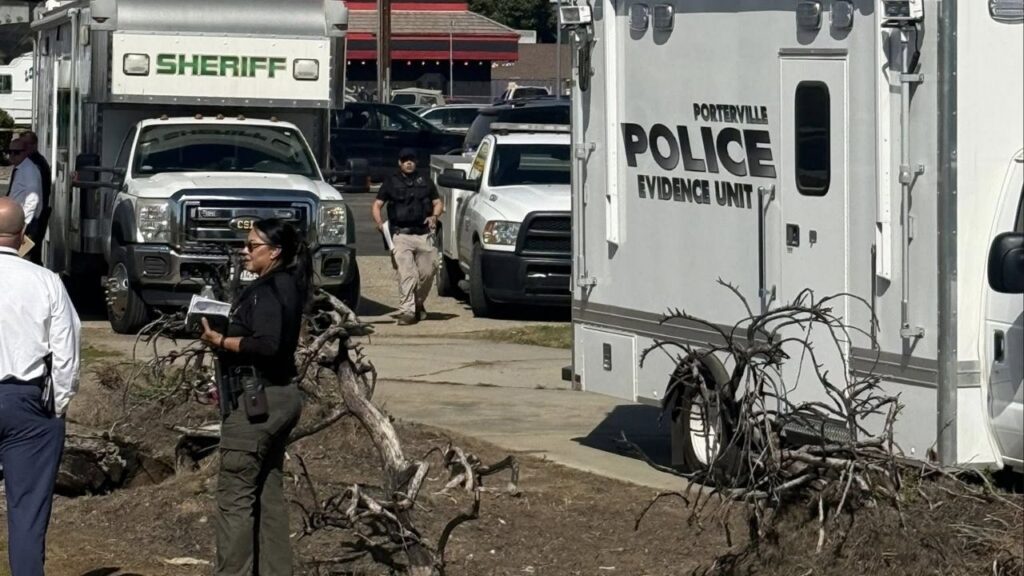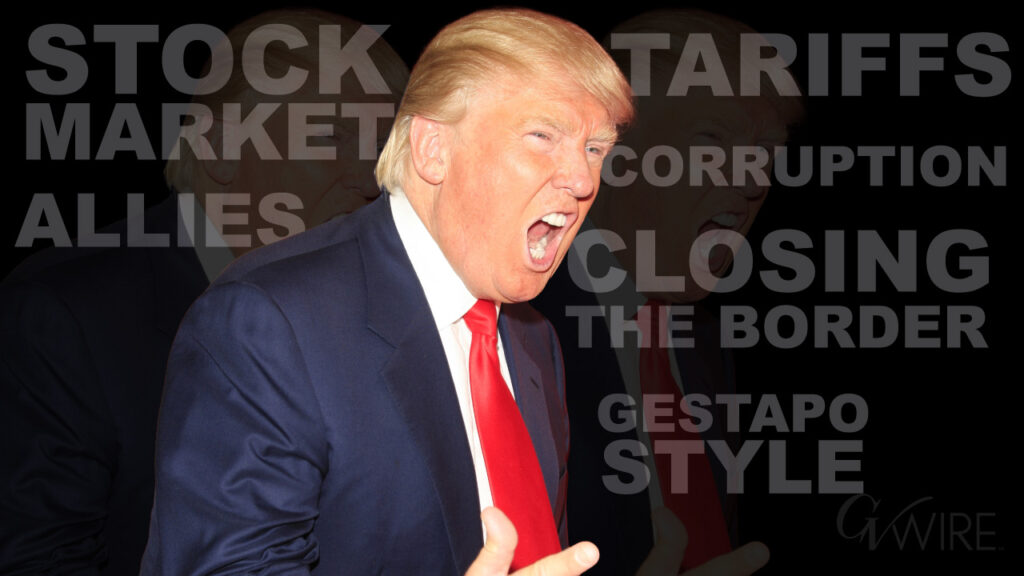Share
DES MOINES, Iowa — The question posed to Pete Buttigieg — gay, married and running for president — came from a supporter at an Iowa campaign stop: What should he tell friends who say America isn’t ready to elect a gay man as president?
Of the many intriguing things about Buttigieg and his candidacy for president — his Ivy League, Rhodes Scholar pedigree and his war service in Afghanistan — a vital question overlaying the 2020 campaign is whether as a gay man his sexual orientation is a barrier to the nation’s highest office.
The first answer will come in Iowa, a state where the 37-year-old South Bend, Indiana, mayor has campaigned frequently and spent heavily. So far, Democratic voters here seem to say that Buttigieg’s sexual orientation is immaterial.
“The world will be watching. The activist world. The party world,” said Paul Tewes, who directed Barack Obama’s 2008 Iowa caucus victory, which propelled him to become the nation’s first African American president. “It would signal to the rest of the world that this stuff doesn’t matter, that people just want him to be president.”
Buttigieg, the nation’s first gay presidential contender in his party’s top tier, is scheduled to be among 10 fellow Democratic candidates to attend a LGBTQ issues forum in Cedar Rapids, Iowa, Friday. The forum itself is a measure of the acceptance gay rights have achieved in the state party.
In June, the Iowa Poll by The Des Moines Register and its partners found that 62 percent of likely Iowa caucus participants said it would make no difference to them for a Trump challenger to be gay. They were more concerned, by 12 percentage points, about a Democratic nominee being over 70 years old.
Iowa Became the First State Outside of the East Coast to Legalize Same-Sex Marriage
The age group most likely to disregard the notion of a gay nominee was voters 65 and older, people like John Sauer, a retired school superintendent from the Cedar Rapids area.
“I have no problem with it,” said Sauer, 71, who showed up at a Buttigieg campaign office opening in Cedar Rapids this month. He and his wife, Elizabeth, say Buttigieg tops their lists of candidates.
Sauer’s feelings, which he described as unheard of in his parents’ generation, speak in part to a decade-long maturing of gay rights in Iowa.
In 2009, Iowa became the first state outside of the East Coast to legalize same-sex marriage, a change implemented by a unanimous state Supreme Court case that came six years before the U.S Supreme Court legalized gay marriage nationally. In 2003, only 23 percent of Iowans overall supported allowing same-sex marriage.
By 2015, not only did 81 percent of likely Democratic caucus participants support gay marriage, so did 26 percent of Republican caucus goers, the Iowa Poll showed.
“But, I do think there are people who might have a problem with it. You can’t get around that,” Sauer said.
That sentiment also registered in the June Iowa Poll, where 28 percent of likely Democratic caucus participants said being gay would be a disadvantage for a Democratic nominee.
Buttigieg’s profile in the state may not be so out-of-the-ordinary among Iowa’s progressive Democratic caucus electorate, said JoDee Winterhof, Human Rights Campaign’s senior vice president for policy and political affairs.

He Is Not Even the Unanimous Choice in Iowa’s Democratic LGBTQ Community
“That package of things I don’t think is extraordinary to Iowa Democrats,” said Winterhof, a veteran Iowa Democratic campaign strategist and former senior adviser to Hillary Clinton’s presidential campaigns. “I bet you in terms of the questions he gets asked very few of the questions he is asked are about being gay.”
Buttigieg’s answer focused on his personal hope of finding a partner after returning from Afghanistan.
“I just had to find the courage that said, either way, I can live with it. But I’ve got to be who I am and trust the voters, based on the job I’ve been doing,” he said, noting that he was overwhelmingly reelected mayor in 2015.
Still, he is not even the unanimous choice in Iowa’s Democratic LGBTQ community.
Des Moines lawyer and gay-rights activist Sharon Malheiro, who isn’t supporting Buttigieg, says his age and lack of more global experience is a liability in her mind.
“I’m not hearing people say I’m not looking at him because he’s gay,” said Malheiro, who is leaning toward supporting former Vice President Joe Biden or California Sen. Kamala Harris.
At the same time, Buttigieg may have a built-in advantage in Iowa, should he emerge as the consensus choice of Iowa’s LGBTQ voters, estimated at roughly 80,000 and a potentially decisive slice of a caucus electorate that could number roughly 300,000.
“That’s a lot in terms of overall caucus participation,” Winterhof said.
Categories

Fresno Police Seek Help Identifying Suspects in Southeast Shooting

Trumps Get OK for Irish Golf Ballroom but Must Help Protect Snails

















